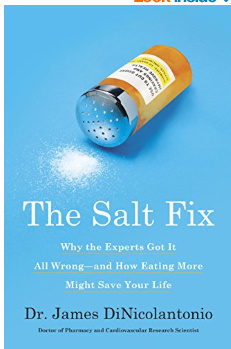Welcome to keto! You have crash landed right in the middle of it! A four day fast to get yourself jump-started is pretty radical. Unless you are a type II diabetic with hundreds of pounds to lose and blood sugar out of control I wouldn’t ever suggest that, even then I think it’s a large shock to the body. That really would require medical supervision who is familiar with fasting and not think it a crazy starving tactic. It’s not a race, it’s a life-long marathon. PLUS you did it without the knowledge of the importance of the electrolytes. You may want to slow it down a bit, just stick to whole real foods and natural fats such as butter, olive oil, and coconut oil, and stick to less than the 20g carbs/day. Eat to satiety… until you are satisfied. And repeat as often as necessary. With the real whole foods only, you shouldn’t have a problem with too many carbs. That’s the simplest way to start. If you decide to keep fasting, be careful of how you re-feed. Do something high fat vegetarian for your first meal, and don’t gorge yourself. Sorry if I sound a bit rough, I’m just worried about you, you’re jumping in over your head without all the proper information and we don’t want anything bad happening to you. Just because something is good, does not mean a whole lot of it is better.
I totally believe that your electrolytes were gone. With all the crazy exercise you did - I’m guessing you were trying to empty out those glucagon stores asap - it would use up a lot of sodium, potassium, and magnesium. Plus you’re peeing it all out because it’s no longer bound to the glucose molecules.
As for a suggestion on a supplement - I would try that Brenda Zorn concoction but if you’d rather a short cut, I ordered Keto Chow Fasting Drops for fasting times (use the Electrolyte drops for everyday keto). Sodium regulates potassium so be sure to keep up the sodium. https://shop.ketochow.xyz/collections/electrolytes and you can order it from Amazon. I got mine in 2 days here in the States.
This is a great book to read about salt.

Alright, good luck… keep it simple and try to slow down a bit. We’re rooting for you!!!


